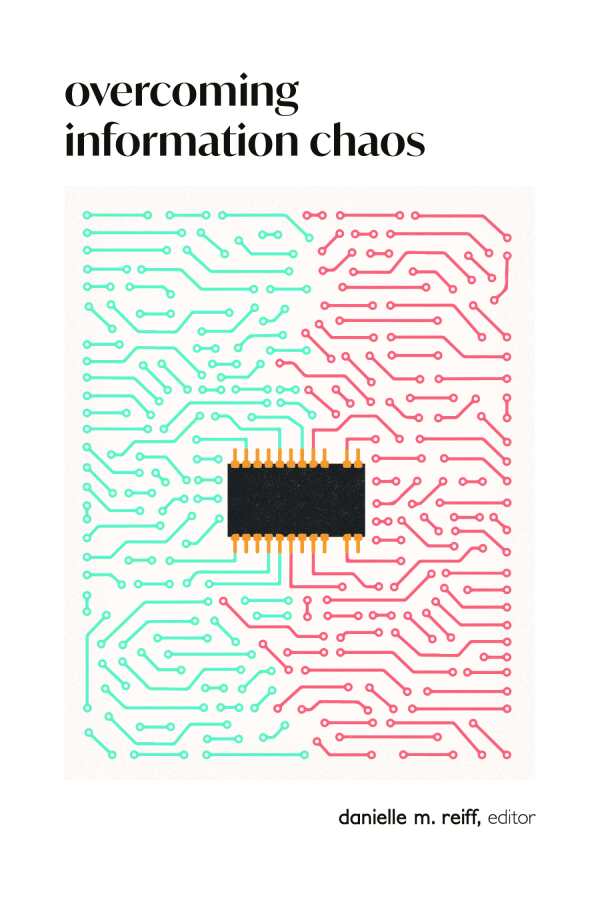Overcoming Information Chaos
A Guide to Cultivating Peaceful Communities in the Digital Age
With an eye toward transformational changes that require good-faith buy-ins from all consumers of mainstream media, Overcoming Information Chaos is a compelling political science text.
Retired diplomat Danielle M. Reiff brings together a cadre of experts to address contemporary media literacy in her social science treatise Overcoming Information Chaos. Addressing topics including the rise of digital media and artificial intelligence, the eradication of media fairness laws, and the decline of local news, this elucidating book expresses growing concern that contemporary society is too divided and often misinformed.
The book’s three sections are packed with concise essays from thought leaders including Tara Susman-Peña, a media development and literacy expert whose arguments help to define the basic tenets of information disorder while also advocating for specific solutions. Elsewhere, rule of law and atrocity prevention expert Katherine Southwick discusses trust in digital information in the wake of increasing political violence. In another entry, Deborah Clark Vance shares a history of information disorder that touches on the interpretive nature of the US’s founding documents. And librarian Seth Smith drills down on the influence of the algorithms that hold the world’s attention for the nefarious purposes of ad-based consumerism.
Throughout, information disorder is framed through the lens of methods for thwarting it. Reiff’s bookending contributions are particularly salient; her writing cuts to the quick of media bias and identity-based grievances, highlighting practical encouragement for budding peacebuilders in ways that seem common sense. By encouraging media literacy principles like fact-checking, diversifying one’s media sources, and steering clear of the impact of charged content designed to provoke emotional reactions, the essays promote cultivating healthy information ecosystems with organized, balanced pleas.
The maelstrom of civil discourse that the book tackles raises ire before it attempts to soothe, as when an early chapter zeroes in on rising political violence in the United States, which worsens when when basic facts are disagreed upon. As Southwick elucidates, “Since the last century, as digital media became ubiquitous and more integrated into our daily lives, information disorder has amplified vicious cycles of public distrust, democratic decline, and the risk of autocracy and political violence.” Still, the essays’ unification of opinion with regard to instruments for change are carried out with care, giving chapters like Meredith Gardner’s “Mormon Women Leverage Media Literacy for Peacemaking” a boost for its specificity of the many tributaries of media literacy to contend with. With an eye toward transformational changes that require good-faith buy-ins from all consumers of mainstream media, these pages develop into a manifesto for cleansing those affected by the avalanche of partisan rhetoric.
Overcoming Information Chaos is a sociopolitical manifesto that calls for discerning absorption of contemporary media.
Reviewed by
Ryan Prado
Disclosure: This article is not an endorsement, but a review. The publisher of this book provided free copies of the book and paid a small fee to have their book reviewed by a professional reviewer. Foreword Reviews and Clarion Reviews make no guarantee that the publisher will receive a positive review. Foreword Magazine, Inc. is disclosing this in accordance with the Federal Trade Commission’s 16 CFR, Part 255.

